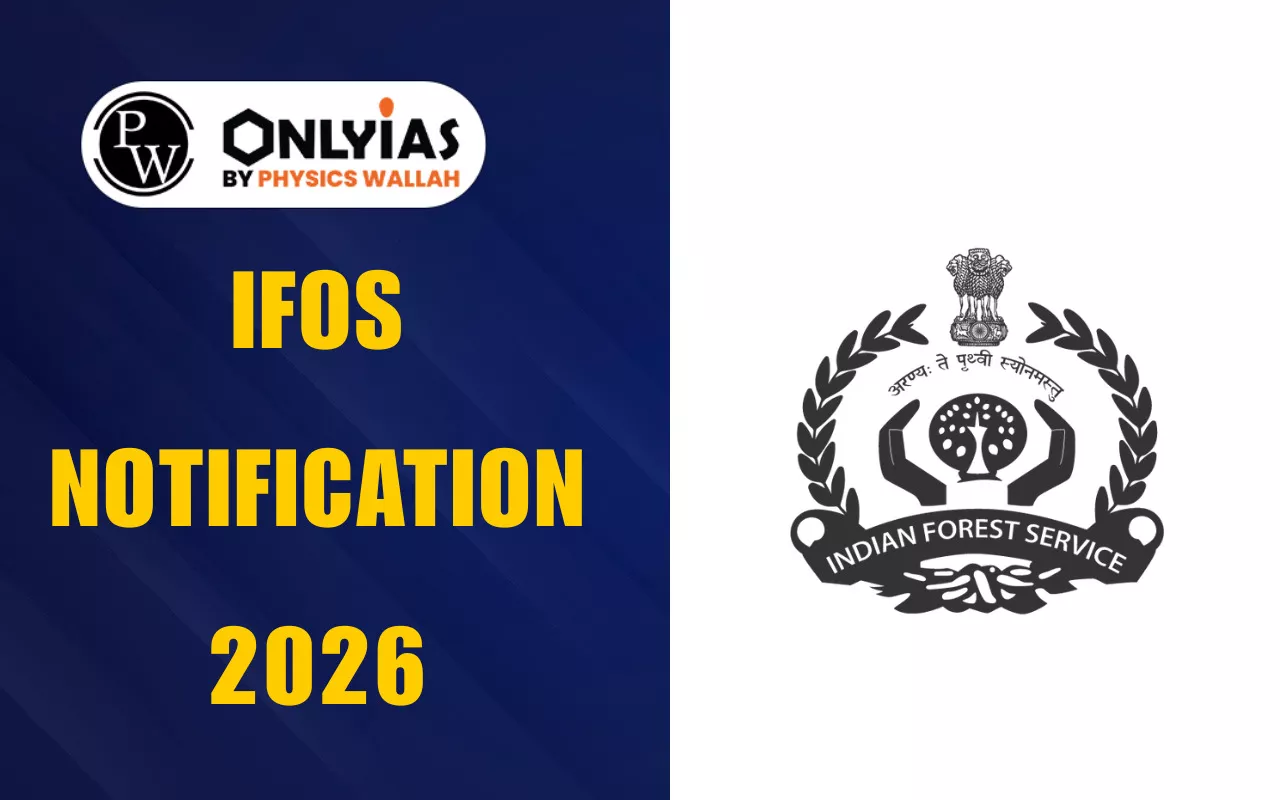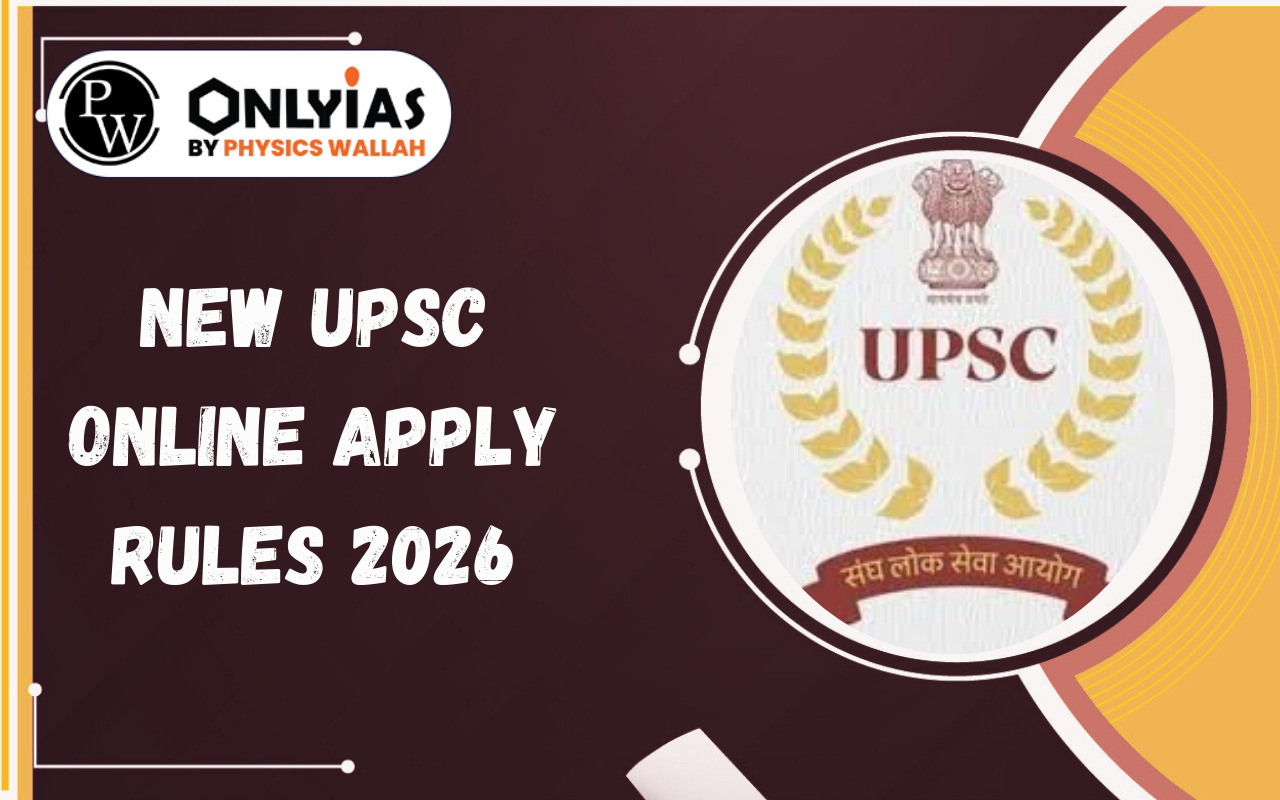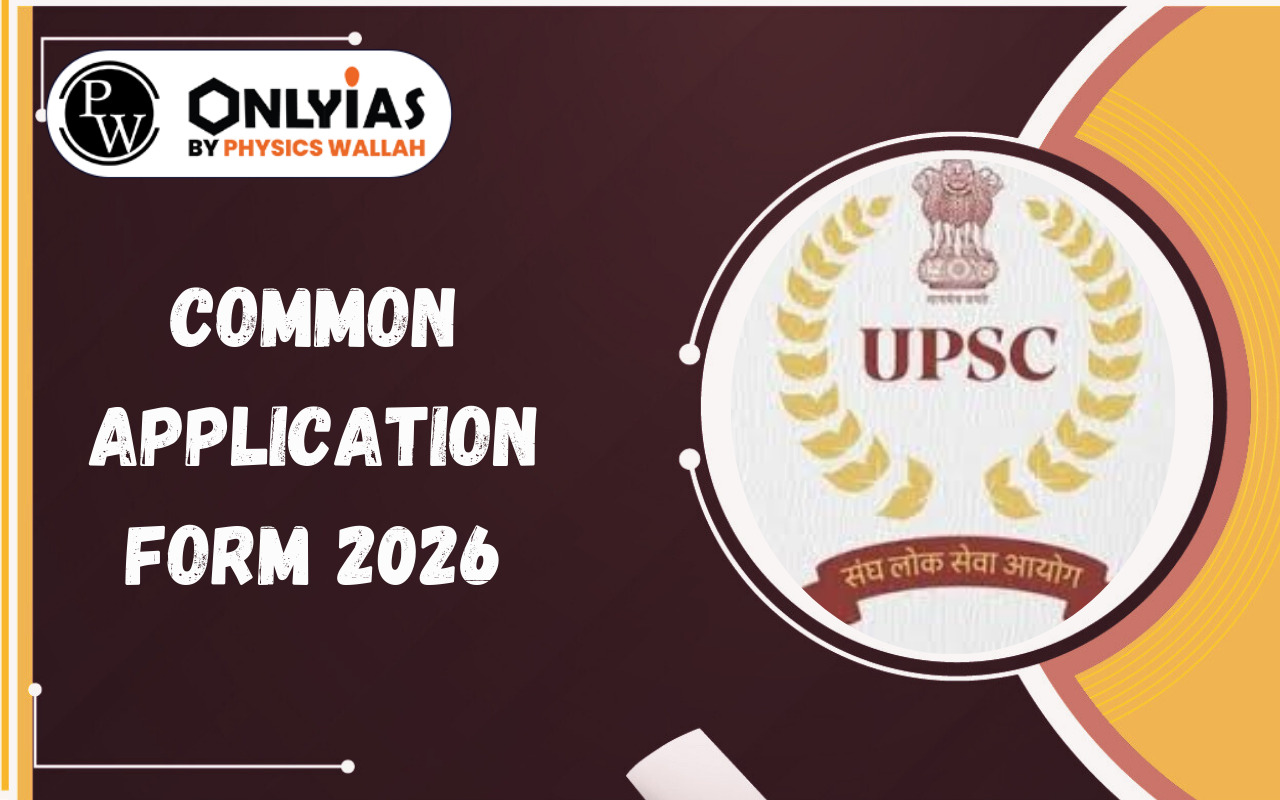The UPSC Law Optional Syllabus 2026 PDF covers the complete overview of topics that candidates must study for Papers I and II of the Civil Services Mains Examination. The syllabus includes subjects such as Constitutional and Administrative Law, International Law, Law of Crimes, Law of Contracts, Torts, Family Law, Property Law, Jurisprudence, and Contemporary Legal Developments. Aspirants can download the UPSC Law Optional Syllabus 2026 PDF from the official UPSC website to access a structured, paper-wise breakdown of all important themes. Understanding the syllabus thoroughly helps candidates plan an effective preparation strategy and focus on high-scoring areas.

 GS Foundation
GS Foundation Optional Course
Optional Course Combo Courses
Combo Courses Degree Program
Degree Program



















